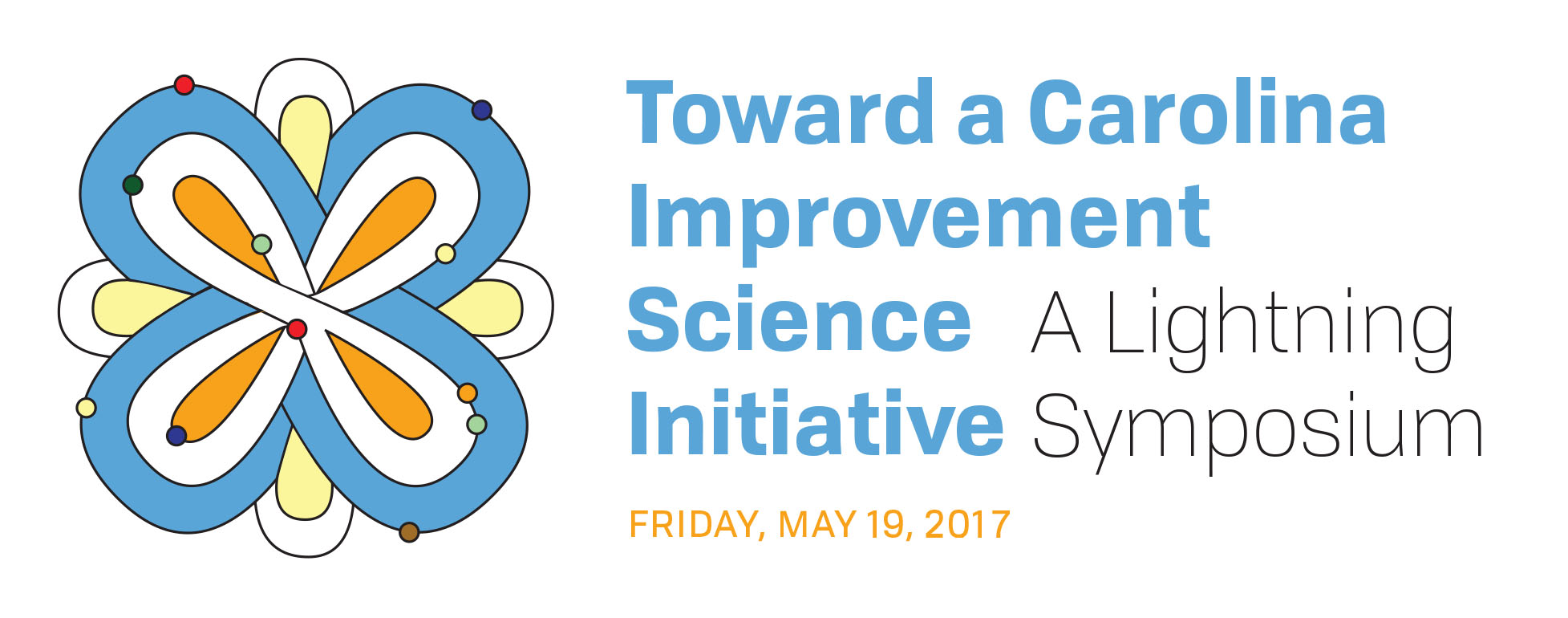Viji Sathy, College of Arts and Sciences
Many highly talented students enter college with interest in science, technology, engineering and mathematics (STEM) degrees, but leave the college science pipeline, and the loss is disproportionately high among minorities. The Meyerhoff Scholars Program (MYSP) at the University of Maryland, Baltimore County is widely viewed as a national model of a program that enhances the number of underrepresented minority students with STEM PhDs. The highly successful cohort-based program provides students with financial, academic and social support while encouraging collaboration, close relationships with faculty, and immersion in research.
In 2011, leadership at the University of North Carolina at Chapel Hill, Penn State University, and UMBC organized a partnership aimed at replicating MYSP. The partnership was, in part, supported by the Howard Hughes Medical Institute to determine if Meyerhoff-like outcomes could be achieved at larger research institutions with different histories, geographies, and institutional cultures. The first cohort of students was recruited in 2013 at UNC-CH, the Chancellor’s Science Scholars (CSS) and at PSU, the Millennium Scholars Program (MSP).
Early findings indicate that CSS students are achieving outcomes comparable with present-day MYSP metrics. Not only are GPAs of the first four cohorts of CSS similar to those of present-day MYSP cohorts, but URM composition and retention statistics compare favorably with MYSP outcomes. Furthermore, CSS students appear to be outperforming a matched sample of students with similar background characteristics at UNC-CH. The partnership met recently to discuss and document challenges in implementation and guidelines for “readiness” for institutions seeking to adopt the Meyerhoff model.
